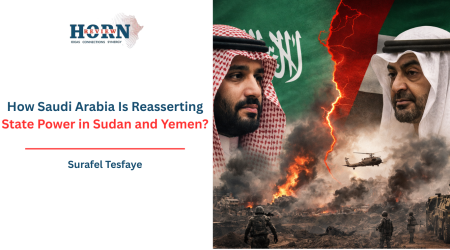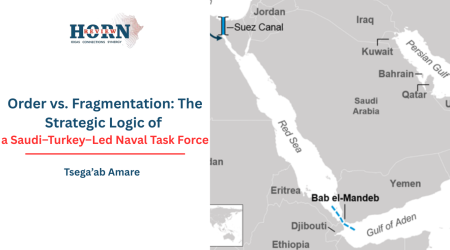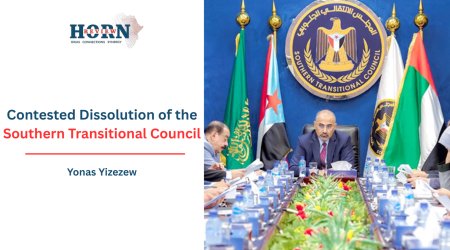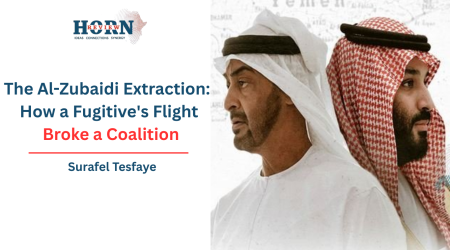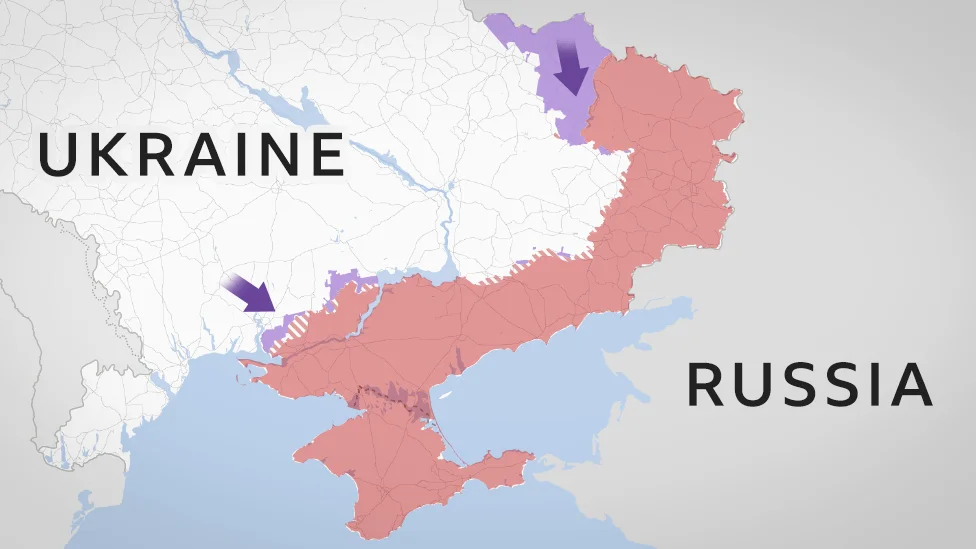
12
May
Neutrality with Purpose: South Africa’s Role in the Geopolitics of the Russia-Ukraine War
South Africa has navigated the Russia-Ukraine war with a deliberate non-aligned posture rooted in its anti-apartheid alliance with the Soviet Union and its commitment to multilateral conflict resolution. From the conflict’s escalation in February 2022 through early 2025, Pretoria has consistently emphasized dialogue, adherence to the UN Charter, and peaceful settlement, framing neutrality as an active pursuit of talks rather than passive detachment. Domestic media attention shaped by a robust post-apartheid press has underscored the war’s perceived geopolitical relevance for South Africa, particularly regarding energy and food security.
In official statements, President Cyril Ramaphosa and the Department of International Relations and Cooperation have repeatedly called for an immediate ceasefire and negotiations under UN auspices. Foreign Affairs Minister Ronald Lamola has invoked South Africa’s transition from apartheid as evidence of its mediation credentials while offering “quiet diplomacy” informed by African traditions. These pronouncements aim to portray South Africa as a credible interlocutor capable of bridging East and West.
Pretoria’s UN voting record on resolutions related to Russia’s actions in Ukraine has largely been characterized by abstentions specifically on March 2 and March 24, 2022, when it abstained on resolutions condemning Russia’s aggression and addressing humanitarian consequences, arguing the texts lacked sufficient encouragement for meaningful dialogue and risked further divisiveness; on April 7, 2022, it abstained on the suspension of Russia from the Human Rights Council without issuing a public rationale; on October 12 and February 23, 2023, it abstained again, citing the resolutions’ failure to foster inclusivity and positive momentum toward negotiation; and, notably, on February 24, 2025 the third anniversary of the conflict it voted in favour of a US-sponsored, EU-amended resolution reaffirming Ukraine’s sovereignty and urging a just peace, signaling a calibrated shift toward alignment with broader international norms while still framing the vote as support for a negotiated settlement.
Diplomatic engagements have been extensive: Ramaphosa has held multiple calls and in-person meetings with President Vladimir Putin, affirming commitments to peace talks; he has similarly engaged Ukraine’s President Volodymyr Zelenskyy, whose April 2025 visit to Pretoria resulted in agreements on trade, agriculture, technology, and possible joint mineral ventures; and he has conferred with former US President Donald Trump, with both leaders endorsing an early end to hostilities and planning further discussions on bilateral issues. These interactions underscore South Africa’s aim to position itself as a go-between for all parties.
The proceedings surrounding Zelenskyy’s attempt to address the African Union summit illustrated the continent’s divided views: initial reluctance rooted in some member states’ enduring ties to Russia from the Soviet-era liberation support gave way to a virtual address, reflecting a cautious balance between historical allegiances and contemporary geopolitical pressures.
South Africa’s mediation potential draws on its track record in African conflicts such as in the DRC, Burundi, and South Sudan, and on its own negotiated end to apartheid. In June 2023, Ramaphosa led an African Peace Initiative with six other heads of state, proposing a ten-point plan emphasizing de-escalation, respect for sovereignty, security guarantees, humanitarian corridors, and the reopening of food and fertilizer supply lines. While Ukraine insisted on Russian withdrawal as a precondition and Russia rejected clauses affirming internationally recognized borders, the initiative nonetheless kept dialogue channels open and showcased Africa’s willingness to address global crises.
Bilateral ties with Russia remain deep: relations dating back to 1942 have expanded from anti-colonial solidarity to encompass investment protection, double-taxation avoidance, energy, agriculture, and resource exploration agreements, all of which feed into an anti-Western, multipolar narrative embraced by many in the ANC. Conversely, South Africa’s relationship with Ukraine established in 1992 has accelerated recently, highlighted by Zelenskyy’s 2025 visit and discussions on leveraging South Africa’s ports and financial systems as a gateway for Ukrainian exports into broader African markets.
South Africa’s BRICS membership further complicates its stance. While inclusion alongside Russia, China, India, and Brazil provides valuable engagement avenues and aligns with its multipolar worldview, joint naval exercises with Russia and China have drawn Western criticism as evidence of pro-Russian bias. Pretoria maintains this alignment is essential for engaging all sides and preserving its neutrality.
Western reactions vary: the US under President Biden has pressed South Africa to unequivocally condemn Russia, viewing its abstentions and military cooperation with Moscow as undermining global isolation efforts. Transatlantic partners similarly express concern, though some European analysts acknowledge South Africa’s historical context and see potential in its neutral posture for future mediation. These tensions have strained US-South Africa relations, exacerbated by South Africa’s genocide case against Israel at the ICJ, which drew sharp US criticism.
Across Africa, responses to the war range from vocal condemnation of humanitarian impacts to sympathetic acceptance of Russia’s “special military operation” narrative reflecting diverse liberation histories, economic dependencies, and geopolitical calculations. South Africa’s visible engagement, therefore, symbolizes a broader continental aspiration for a stronger role in global governance beyond aid dependency.
In contrast to the US strategy of bolstering Ukraine with military and financial aid to restore its pre-invasion borders and security while discouraging NATO membership, Ramaphosa’s approach centers on impartial dialogue without predetermined outcomes, consistent with his ten-point plan. This divergence affects multilateral cooperation: the US-led coalition focuses on sanctions and support for Ukraine, whereas South Africa calls for inclusive negotiations, sometimes putting it at odds with Western policy but also offering a potential bridge if both sides seek a facilitator trusted by all.
Ultimately, South Africa’s role in the Russia-Ukraine war is defined by a balancing act: honoring historical ties with Russia, diversifying partnerships with Ukraine, asserting African agency in peace processes, and navigating pressures from the West. President Ramaphosa’s 2023 peace mission, growing economic engagement with Ukraine, and nuanced UN voting record collectively reflect a careful calibration aimed at preserving open channels, enhancing South Africa’s diplomatic profile, and contributing when conditions allow a just, lasting peace in line with the UN Charter. As the conflict endures, South Africa’s non-aligned diplomacy and its membership in pivotal global and regional blocs position it as a unique, if contested, interlocutor in one of the 21st century’s defining geopolitical crises.
By Surafel Tesfaye,Researcher,Horn Review

